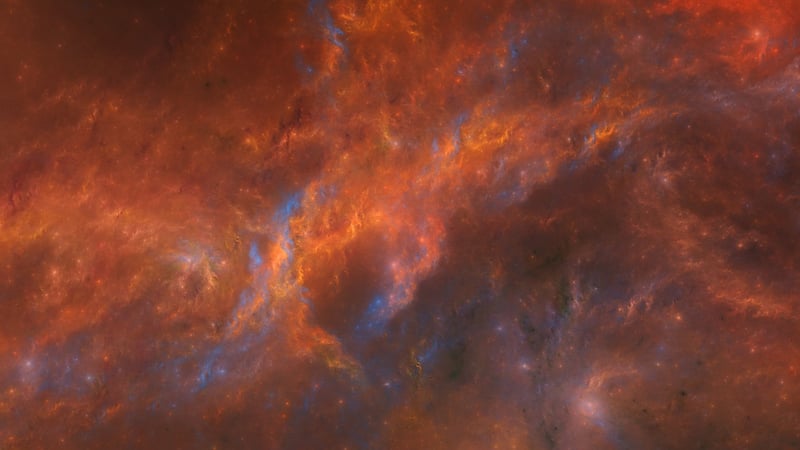Quantum Leap
The Science Behind Quantum Leap: Mechanisms and Theories
Quantum Leap, a term often associated with a sudden and significant change or advancement, has its roots in quantum physics, a field that deals with the behavior of matter and energy on atomic and subatomic levels. Let's delve into the mechanisms and theories that underpin this fascinating concept.
Understanding Quantum Leap
In the realm of quantum mechanics, a quantum leap refers to the abrupt transition of an electron from one energy state to another within an atom. This leap occurs without traversing the space in between the two energy levels, defying classical physics principles.
Mechanisms of Quantum Leap
Quantum Leap is governed by the principles of quantum superposition and quantum entanglement. Quantum superposition allows particles to exist in multiple states simultaneously until measured, while quantum entanglement links the states of particles regardless of distance.
1. Superposition
In the state of superposition, an electron can exist in a combination of energy states until observed, at which point it collapses into a single state. This phenomenon forms the basis of quantum computing and quantum teleportation.
2. Entanglement
Entanglement involves the correlation of quantum states between particles, where the state of one particle instantaneously affects the state of another, even when separated by vast distances. This phenomenon has significant implications for quantum communication and cryptography.
Theories Explaining Quantum Leap
Several theories attempt to explain the mechanisms behind quantum leap and its associated phenomena:
- Copenhagen Interpretation
- Many-Worlds Interpretation
- Transactional Interpretation
- Quantum Field Theory
Conclusion
Quantum Leap represents a fundamental aspect of quantum physics, challenging our classical understanding of the behavior of particles at the subatomic level. By exploring the mechanisms and theories behind this concept, we gain insight into the intricate and mysterious nature of the quantum world.
For more information on quantum physics and related topics, visit Quantum Magazine.

